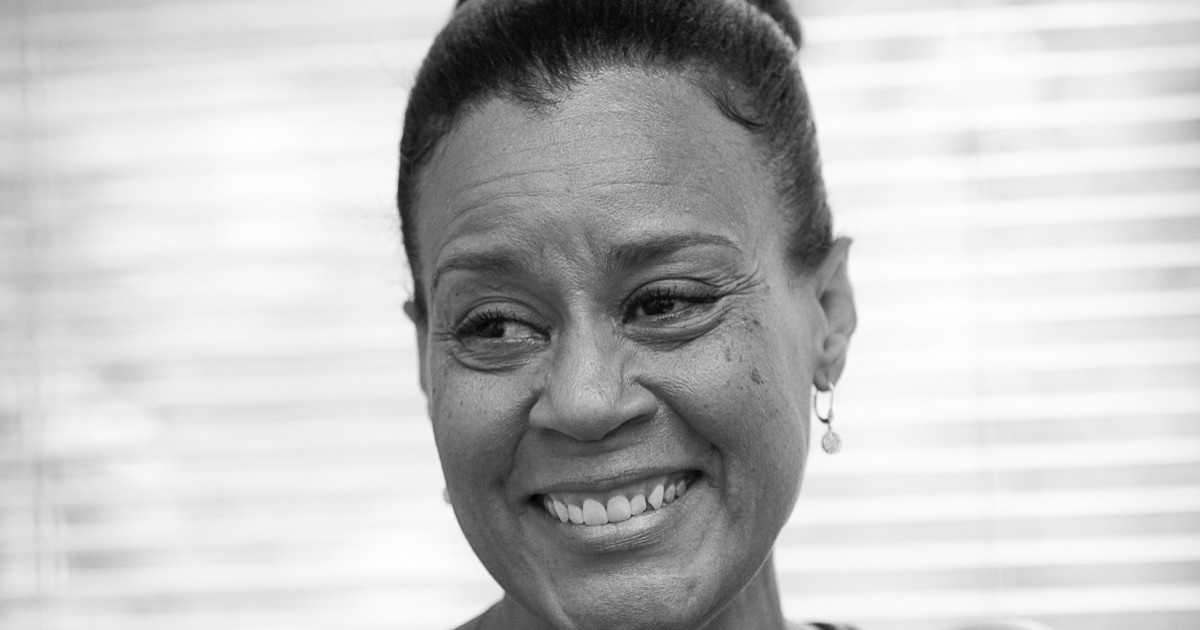The story behind Tell Me About Your Day
I’m an engineering student at MIT. I have an engineering mindset, so when I see a problem, I want to fix it. The problem that I am personally motivated to take on is suicide. After coping with two friends’ suicides, both personally and as a part of the broader MIT community, I came up with Tell Me About Your Day (TMAYD) to physically show people that they are cared for and to and to help de-stigmatize of mental health across the world.
I learned how it feels to lose someone to suicide when I was 15 years old.
My freshman year of high school, I was on the women’s swim team. We were a group of 10 girls who weren’t particularly good at swimming, but we had fun.
Our leader was Coach Bob. He was a tall, farm-loving man who was too tan for his own good. He was nice and fun, but scary as hell during a race. I used to call him Coach Bobby — nothing ground his gears more than being called Bobby.
Coach Bob took his life in the middle of our season.
At that point in my life, I felt the sadness of losing someone. I had lost my grandpa before losing Coach Bob, and I was sad just like that. Only the sadness was accompanied by so much that I didn’t understand.
When I lost someone to a disease it felt complete. When I lost someone to suicide it did not.
My freshman year of college, I was in a Media Arts and Sciences class with another freshman named Matthew. For one assignment, he wrote an essay about how awesome laundry machines are. I was amazed at how he dove head first into details about something as mundane as laundry. Matthew and I lived in the same dorm, so we saw each other around quite a bit.
One night, I was walking home after an a cappella competition. I was dressed up because we performed and annoyed because we didn’t place. Matthew and I crossed paths, and he told me I looked nice. I made fun of him for wearing a trench coat.
I found out the next morning that he committed suicide just a little while after we had spoken.
That same year, I took differential equations. It was the hardest math class I had ever taken. The one good thing about the class was Christina. We sat next to each other, and whenever I would get bored, I would reach over and draw something on her notes page. I am terrible at drawing, so she would laugh and then quickly tell me to pay attention.
One day, Christina didn’t show up for recitation. Then days turned into weeks. When I asked around I found out she had Postural Orthostatic Tachycardia Syndrome (POTS), a form of Dysautonomia, and had gone home to get treatment.
I was sitting in the lobby of Christina’s dorm when I found out she had taken her life after fighting an impossibly uphill battle against her own body.
Losing Matthew and Christina crushed me. I didn’t leave my bed for a week, and I couldn’t sleep more than an hour each night. I think I was mostly in a state of shock because I don’t remember a lot of what went on in my head. I just know I couldn’t do anything.
Eventually, people noticed that I wasn’t in my usual routine, so one of my sorority sisters went with me to the mental health clinic.
It felt horrible going to MIT Mental Health. I always thought that if you went to therapy, you were broken; you gave up on fixing yourself, so you needed someone else to do it. I don’t think I can identify an exact reason for why I was under this impression, but I do know I am not the only one who views therapy this way.
Mental health, and seeking help for your mental health, is so stigmatized in our society that many are led to believe that it is only a resource for when you are about to explode. During my trip to MIT Mental Health, I realized this wasn’t the case.
I had another realization during this trying time: everyone around me was caring for each other all of a sudden. It seemed like everywhere I looked — email, social media, in person — the people around me were reaching out to one another in support.
The most compelling part of these connections was that the people around me were offering their support to anyone who needed it, including strangers. I loved seeing that so much, but it really frustrated me that everyone waited until my friends took their own lives to show their care.
My two realizations got me thinking: how might we de-stigmatize mental health in our society, and how might we show that people care about one another without waiting for tragedy to bring it out?
Thinking about these questions led to the creation of Tell Me About Your Day. I wanted to help show everyone that they are supported and cared about by the people around them, though it may not always be shown. I also wanted to get everyone on board with the idea that mental health isn’t an untouchable subject. We should all stand together in support of those struggling with mental health issues.
I made wristbands with the acronym TMAYD and spread the message that anyone wearing a wristband is saying that he or she cares. The wristbands are a way of showing support for others all the time, throughout every part of the day.
This visible, hard-to-ignore community of supporters is helping to spread a truly powerful message that has helped my college community grow stronger than ever before.
My name is Izzy. I am 19 years old, and I am originally from Kansas. I am in an a cappella group and a sorority at MIT, where I study mechanical engineering and product design. I love my cat Jackson. One of my biggest passions is mental health and suicide prevention, and my biggest mission right now is to lower the suicide rate as much as one person possibly can.




